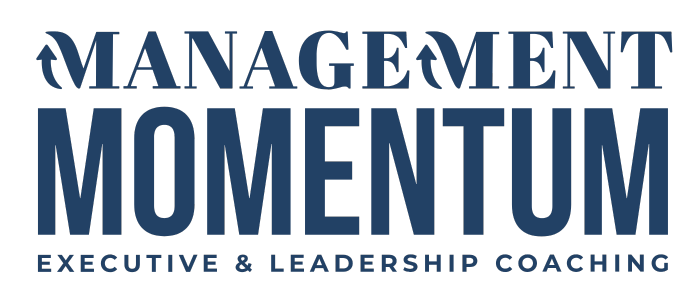Raise your emotional intelligence, even if you are an introvert.
Hey introverts*—If you think most extroverts need to: a) stop talking so much; b) learn to be better listeners; and c) not be so over the top; then I hope you will consider the logical possibility that your own communication habits could use a few improvements, as well.
Here Are My 3 Emotional Intelligence Tips for Introverts
Be more obvious about saying please and thank you.
Sometimes your politeness is so subtle that it gets missed, which robs your co-workers and colleagues of the opportunity to feel appreciated by you. It is okay to say please and thank you more than one time, or to make sure that your gratitude is heard—or seen in your eyes—by the recipient. Don’t feel that people will think you are needy or pathetic; instead, they might see that you are truly grateful, or just being pleasant—and these are good things.
Be responsive, even if you feel it is not completely necessary.
Your efficient mind may tell you that your response to an email or question in a meeting is only necessary if the transaction cannot be completed without your response. While that may be a very good strategy to save time and energy, it may also harm your reputation with others, who might misinterpret your efficiency as withholding of information, or worse, arrogance. Test-out speaking up more in meetings and send a few clarifying emails in the coming weeks to see if you notice a difference in how people perceive you.
Vary your voice tone.
Sometimes your quieter, steady tone makes it hard for listeners to focus on what you are saying. You don’t have to become a sparkly cheerleader speaker—just make it a point to project your voice a bit and make sure your head is lifted-up when you speak. This is doubly true on the phone or in a virtual meeting where so much can be lost when people cannot see your face.
*A disclaimer—I believe the terms “introvert” and “extrovert” are too general and don’t take into consideration each person’s complexity; however, they are a useful illustration for the purpose of this blog post.



